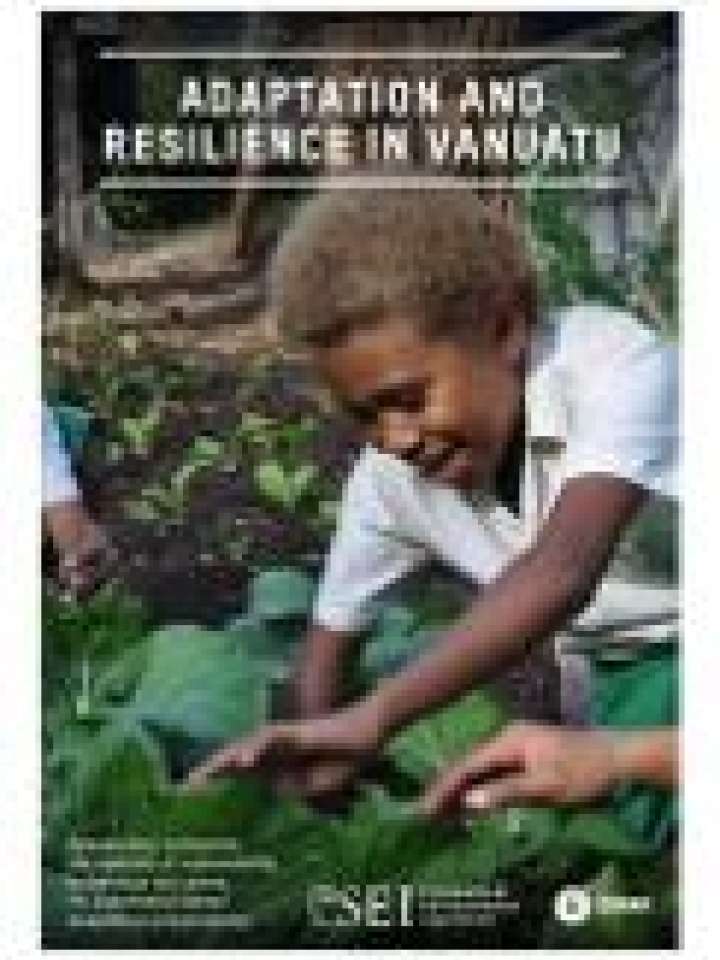Adaptation and resilience in Vanuatu
This report documents findings from fieldwork in Vanuatu aimed at contextualizing the resilience-building work of the Vanuatu NGO Climate Change Adaptation Program and linking it to emerging themes in the academic literature on adaptation and resilience. The findings draw attention to how vulnerability is defined by multiple interconnected issues that have different significance in the lives of different community members, each of whom have their own perceptions of risk and access to opportunities. While relationships defined by power and cultural norms shape how local risks are understood, prioritized and managed in adaptation decision making processes, a focus on equitable decision-making can support the emergence of adaptive capacity that is the basis for future adaptive actions that benefit the whole community.
This analysis supports the intention of the programme to shift community-based adaptation away from its comfort zone. However, agencies will need to work hard to push beyond the familiar focus on climate change impacts and capacity-building that supports individual agency, and towards actions that link agency and structure through support for broad-based coalitions for change. It proposes rights-based strategies to address structural constraints on adaptive capacity.
Explore further
